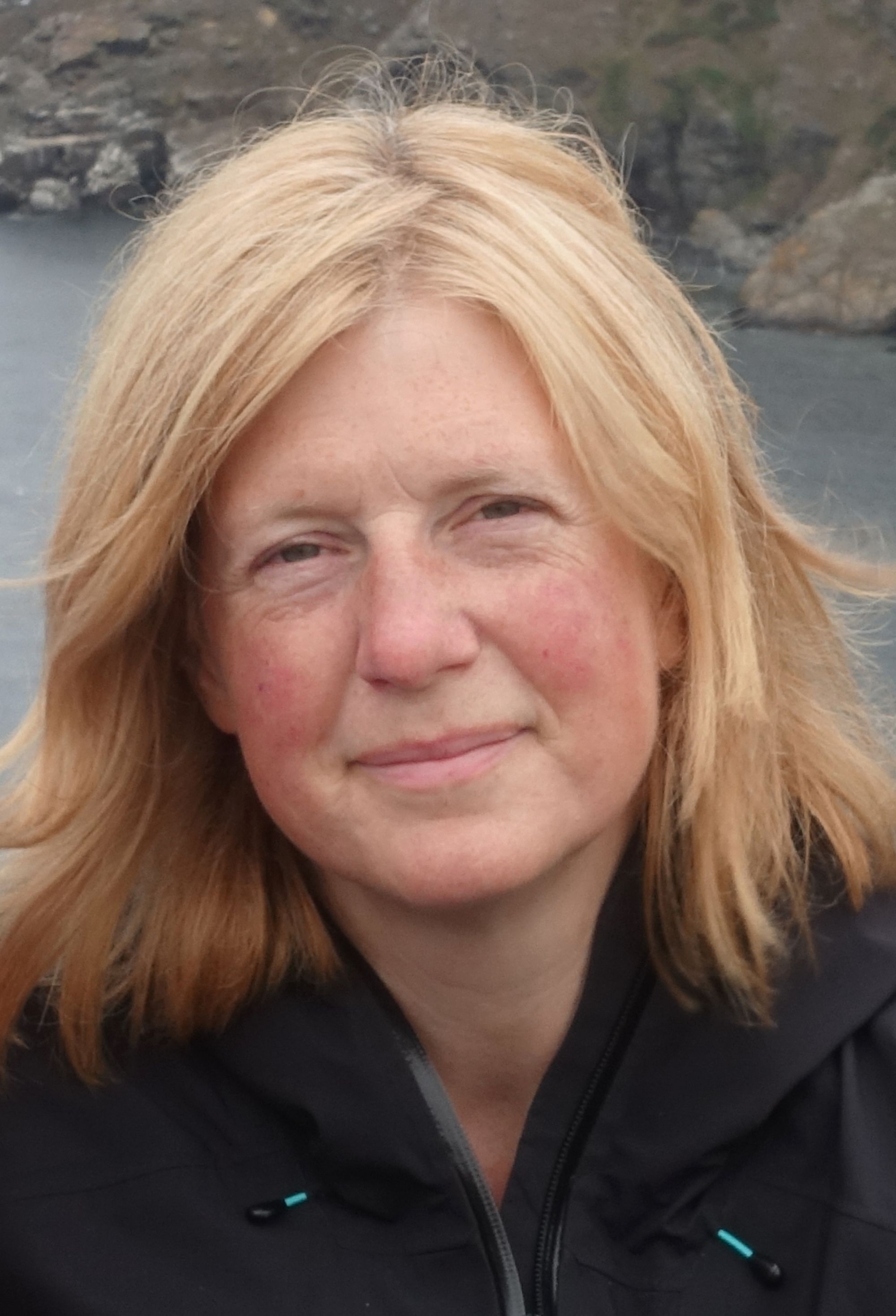'The trick is to just keep breathing' - What I've learnt from 8 years living with one lung.
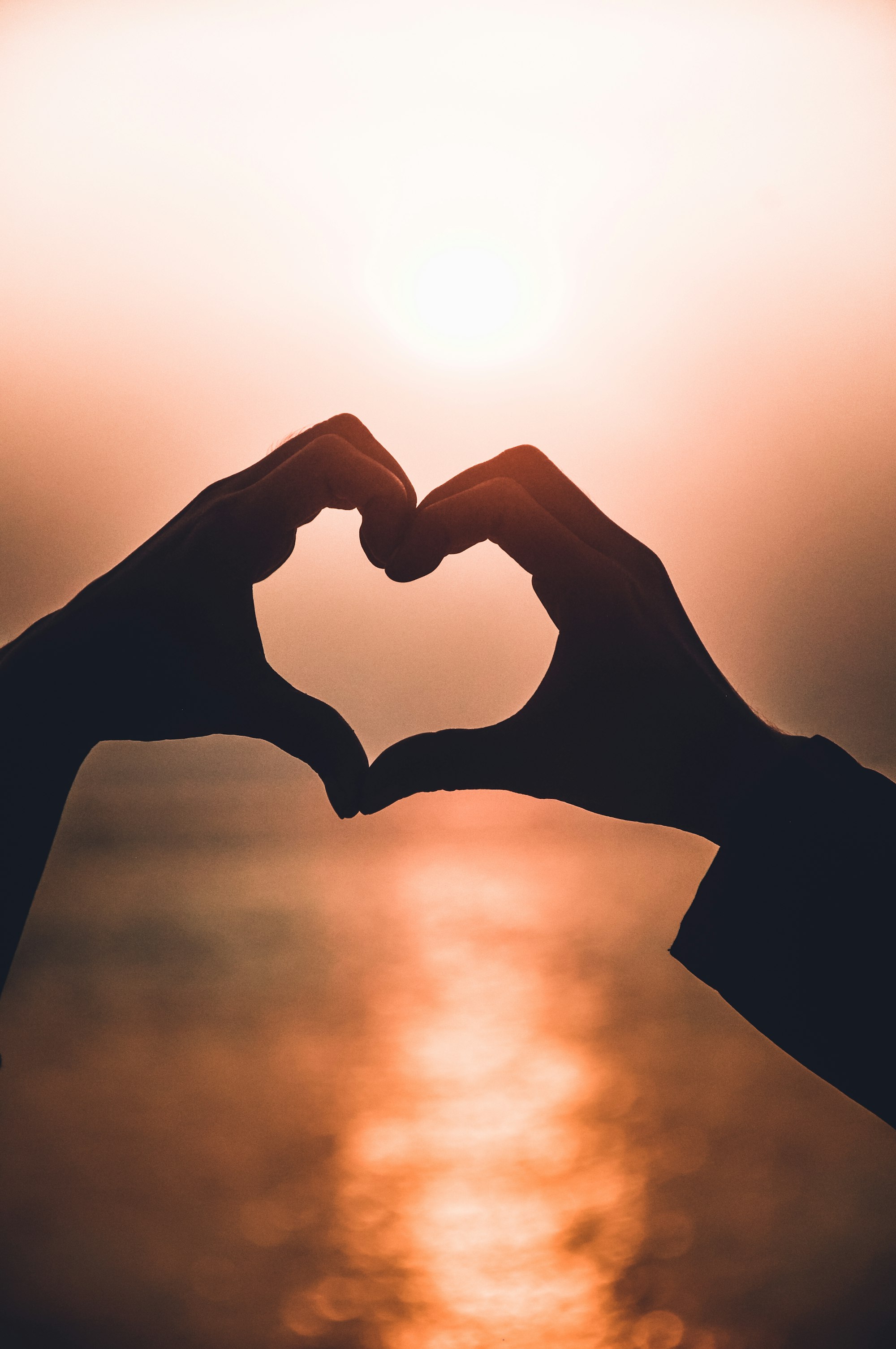
We went to see Miles Jupp at the City Varieties this week. He is on tour with his show 'On I Bang'. For those with children of a certain age (or who are ridiculously young), Miles was Archie the Inventor in Balamory - he lived in the pink castle and was prone to break out a very catchy ditty at regular intervals. For others, he is a stalwart of comedy and known for his ever funny contributions and raucous giggle on panel shows such as 8 out of 10 Cats does Countdown, Would I Lie to You, Have I Got News for You and as host of Radio 4's The News Quiz. He is, in short, a very funny man! It seemed serendipitous (I'm sure Miles would approve of that word) that we went to see him a couple of days before the 8th anniversary of my left lung removal as much of the tale he wove during the evening focused on his diagnosis and treatment for a benign brain tumour. At one point during the show he talks about feeling blessed that he survived and new appreciation of all he has. As you will see, if you read on, a feeling I very much share.
Eight years ago (today), I had my left lung removed due to diagnosis with a neuroendocrine tumour blocking an airway in my lung - a difficult experience physically, emotionally as an otherwise fit 40 year old (not-really-a-runner-marathon-runner) and psychologically. That got me thinking, 8 years on from the day of major organ removal, how has it changed me?
To use a well, possibly over-used phrase, it has been a 'journey'. Humans have an immense capacity to change - neuroplasticity, for instance, is an incredible feature of the human condition. We are not as set in our ways as people often describe and believe. Neuroplasticity is the brain's ability to adapt throughout life. It involves the formation of new, the strengthening of existing, and the pruning of unused neural connections. Neuroplasticity is essential for learning, memory, and recovery from injury. A few of my experiences and learning are discussed below.
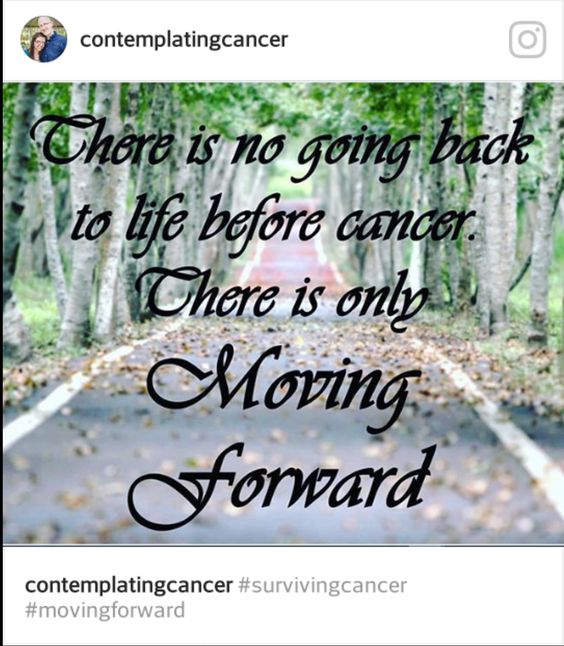
Setting off on the journey
I've written before about how I felt when I was diagnosed - see Dealing with D Day on my blog. The recovery was long - I felt battered and bruised, physically and emotionally. I got very tired. I couldn't socialise in the way I love to do. I could only walk very short distances. I needed help with all the small and larger tasks involved with being a Mum and running a home. However, I also felt relieved that the tumour had gone - despite a few questionable lymph nodes - and that I had survived the op and was recovering well.
What made a massive difference in those first days, week and months, was the love and support of an amazing group of family and friends who rallied round constantly - whether it was a lovely friend how brought me home from hospital - thanks Rach, others who invited the children for tea and to play, those who brought coffee; my husband, Godparents and Mum (who moved in for 5 weeks) who took over all the day to day jobs so I could recover. Social engagement really is the key to recovery.
Also, I had a new appreciation of things that would have passed me by in my busy life - this has remained. I'm more excited by the change of seasons, the trees and plants, seeing wildlife during my walks, having the chance to travel (near and far), reading new books, playing my piano in a way that I would not, perhaps, have been otherwise. We are so often onto the next thing rather than truly appreciating the moment. That was definitely true of my list-focused, must-get-on personality. I've built in more opportunity to pause, even when busy, and I'm better, more regulated, for it.
That said, there is a less helpful tendency brought on by situations like these that I had in those early days and I've struggled with. I felt I had to make the most of every moment, fill it with something, squeeze every drop out of life. That is great and you get a lot done but as a friend who had had breast cancer pointed out, it's a pretty tiring existence and can make you quite difficult to live with - no one can operate as max creativity, engagement, enjoyment, commitment all of the time. It is also, perhaps, in those times of quiet and moments of rest that we process and recover. This has been true for me and I now have much more of a balance - I love being busy, trying new things, setting up stuff, meeting lots of people and hearing their stories. However, I am much more likely to savour what seems quite normal - a lovely coffee, getting engrossed in a book, a regular walk. We don't always have to be striving to make our lives more!
The long distance road
So what else? Well, my experience has made me more likely to seek medical help when something is wrong - I'm still not brilliant at this and often need prompting but I'm a bit better and I am much better at looking after myself in terms of eating, sleeping and resting rather than pushing through. There are things I find really difficult such as walking up steep hills and climbing mountains - my lung capacity is limited - but I forgive my body for this and celebrate that I am able to try.
I'm less likely to get as wound up by the small stuff - particularly people's reactions (who knows what they are going through). I'm more likely to take calculated risks and do things that I want to do and I feel are important - though I still can still be annoyingly single-minded which I'm sure is quite difficult to live with sometimes.
My absolute priority is my family and being there for my teenagers. I remember thinking 'if I could just get them to this (current) age, they would remember me' which was a sobering thought and it has been a privilege to watch them grow. I still do things that I find engaging and enjoyable but I hope, through this prioritisation, I (and my partner in crime) give them the support, security and space they need.
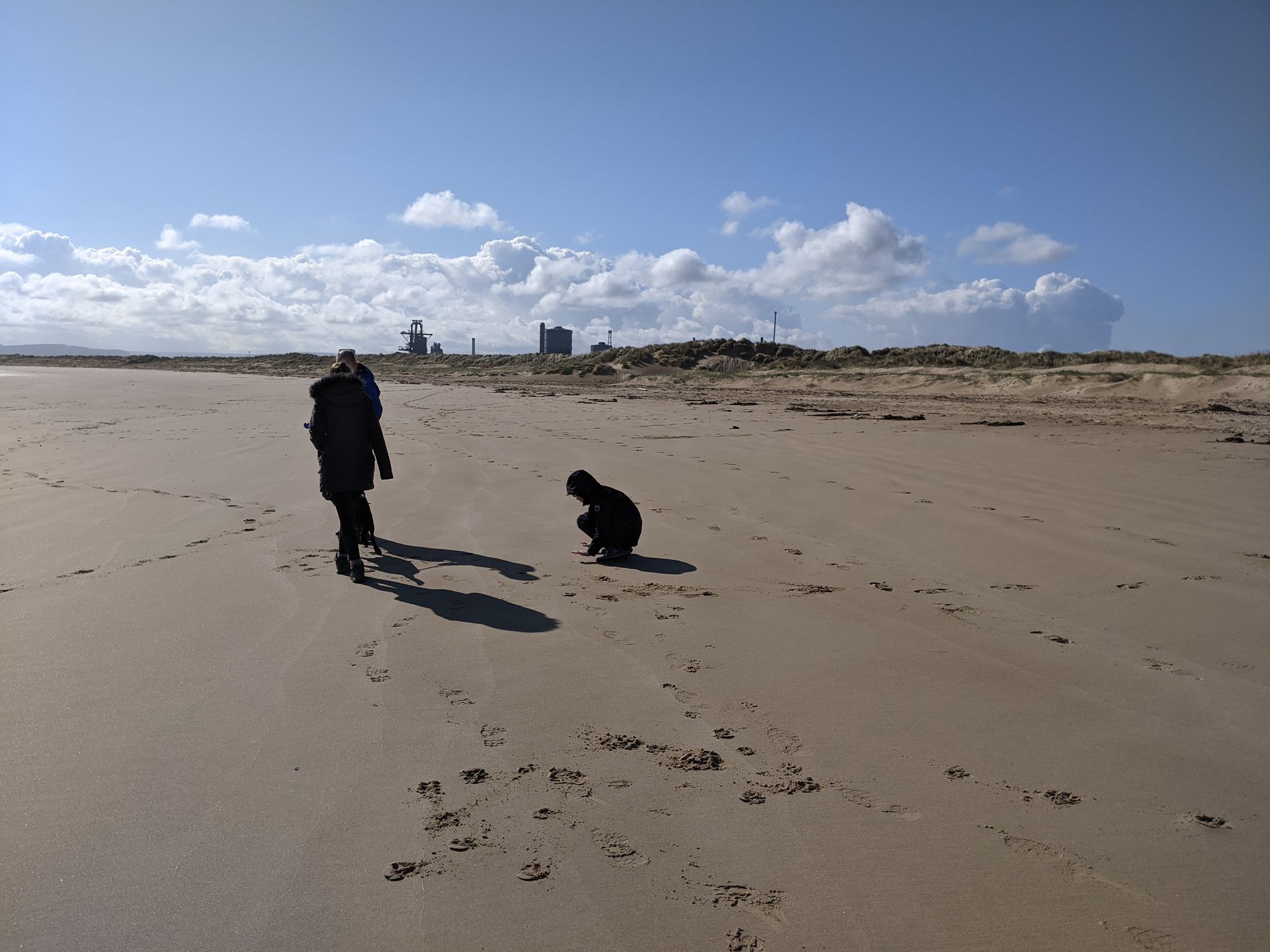
Helping me to heal: TRE®
This brings me on to one thing that has made a massive difference over the years: TRE®.
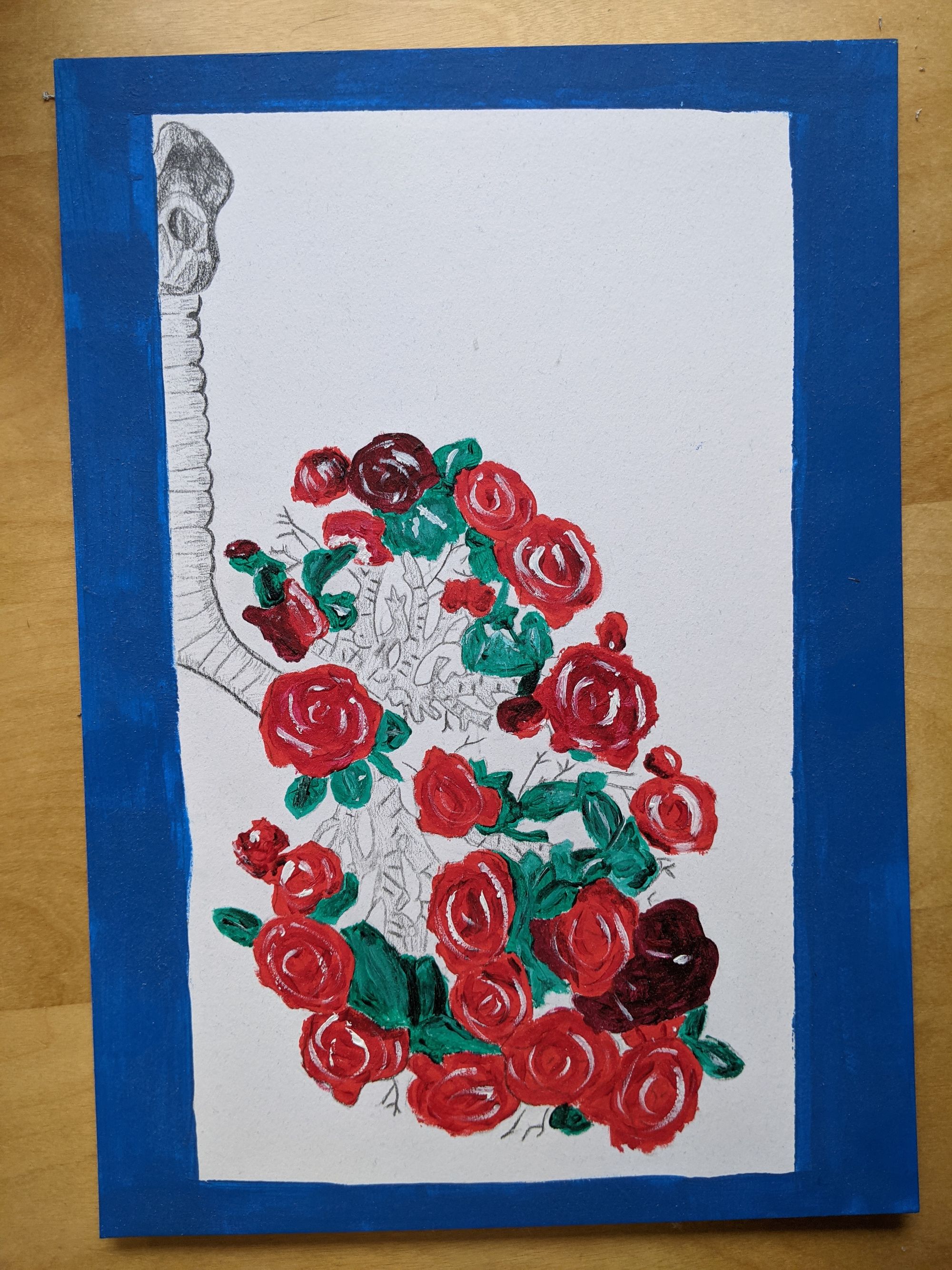
There are a number of articles about TRE® on my blog (www.slaynt.com) so I won't go into the details of what is involved in this fabulous body-based therapy here. However, finding TRE® has been so important in my recovery and I feel lucky to have had those first experiences with @wellnesswithbecky_yoga_shala. Following her generous, grounding and supportive approach, I was inspired to train as a practitioner with the wonderful @stevehaines66 (TRE College). I would never have done this without Lockdown and shielding during COVID or, indeed, my lung surgery.
I now love helping people to engage with TRE® to support them in their daily lives and deal with stresses, tension and trauma. It is also a vital part of how I live my life (with TRE® there is always more to learn about the body and our connection to it) - it is a playful, joyful therapy that fits in to any life.
I wouldn't recommend my journey - cancer diagnosis and lung removal is a dark and scary place. However, there have been some positives and I believe experiences (positive or negative) are opportunities to learn, part of life and what makes the good things feel so good. As the Dalai Lama says: 'Although you may not always be able to avoid difficult situations, you can modify the extent to which you can suffer by how you choose to respond to the situation.'
If you are facing a similar journey, my thoughts are with you.
Much love,
Kate x
